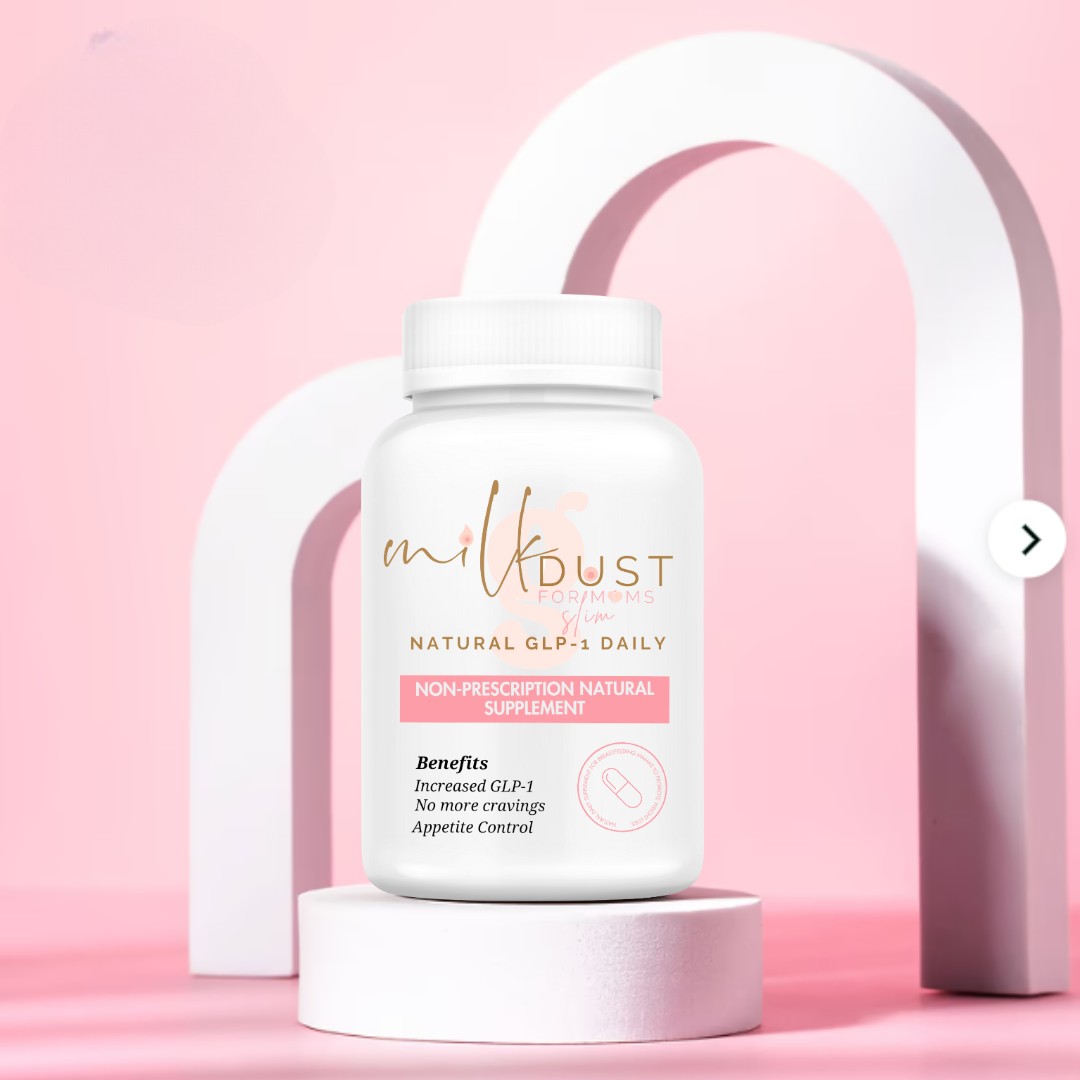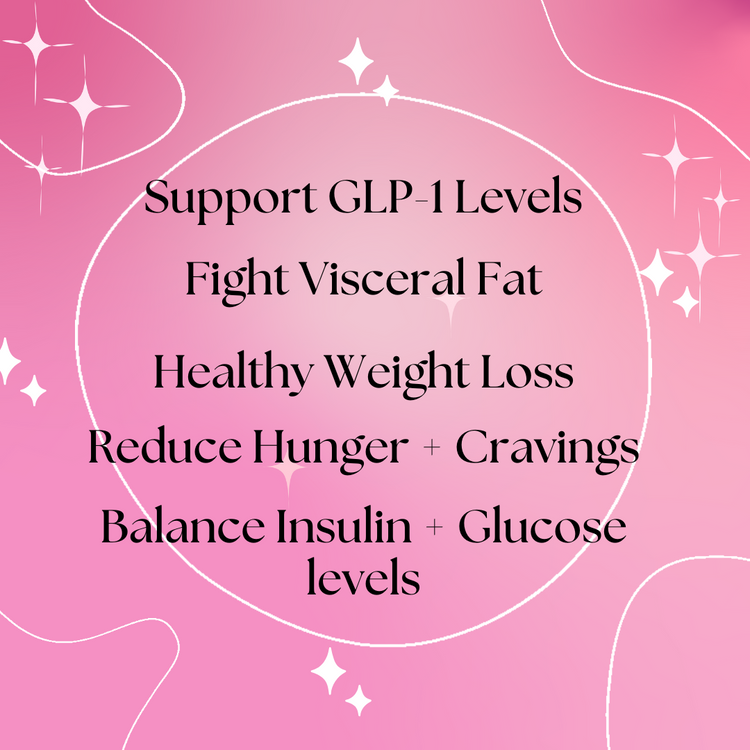I am a mom of 4, and losing weight after each baby is a very different experience. I found that getting back to my pre-pregnancy weight after baby number 2 to be so much easier than my first baby. With the first baby, I had no idea what I was doing and how to lose weight while breastfeeding. I wasn't sure if the weight was just going to fall off, or if I was never going to lose the extra weight. Many new moms struggle with knowing how to lose the baby weight, understanding what a healthy diet is, and worrying about milk production. I want to go over everything I learned and how I lost the baby weight after my second baby. I think there is something different about loisng weight after baby number 2, and I found some tips to navigate weight loss after the second baby.
Losing weight after baby number 2 and how it is different:
There are some major differences I noticed when trying to lose weight after baby number 2. I didn't have as much weight to lose after my second baby because I was able to gain less weight during my second pregnancy. I figured out how to manage my weight gain during pregnancy with my second, which was harder with my first pregnancy. My second pregnancy I was able to stay in better shape, keep up my physical activity and maintain my healthy eating. The overall fact that I had less extra pounds to lose with my second baby made the weight loss much easier, but there were still some differences I had to work with. There are some major differences with baby #2 that I want to go over.
Less energy with baby #2:
I had my second baby when my first was 18 months. It was a lot. My energy levels were completely drained with my new baby and a toddler, and now I look back and realize how hard a baby and a toddler can be. I think it's important to realize that the second baby can make losing weight a lot harder because there is only so much energy to go around with two kids. Less energy means it is much harder to fit in exercise to help with weight loss! Losing weight with my second was all based on nutrition because I had such little time to work out. Postpartum exercise is challenging in itself, and I had no energy or time to even think about healing my core and pelvic floor.
Less time for making healthy food:
I still remember standing in my kitchen with my toddler on my hip and standing holding my newborn while he was nursing, wondering how I was going to get some food. At first it seemed that I was literally going to have to eat with no hands. It was at that point I realized that I was going to need some easy options that I could eat while holding and breastfeeding. This is where I found protein shakes, which literally saved my breast milk supply and helped me get in the proper nutrition for breastfeeding.
More stress and cravings:
I also found that with baby #2 I had more sugar cravings. Stress, lack of sleep and overall exhuastion can lead to major sugar cravings. Top that off with having a hard time eating the right foods, and cravings can get really hard to deal with. I found that I was loving sugar while breastfeeding. This made staying on track for weight loss a lot harder. Getting enough sleep is something you can't really control with a newborn, but you can use tools to manage your sugar cravings. As I mentioned, this is where I discovered protein shakes as such a helpful tool for sugar cravings too. The sweet taste of protein shakes really helped satisfy my sugar cravings, as well as give my body the nutrients and protein it needed to keep up my milk supply while still getting back to my pre-pregnancy size.
Losing the weight after baby #2 was harder, but I figured out some tools to overcome some of these new challenges. Here's what I figured out that helped me lose the baby weight the second time around.
I discovered the power of protein shakes for weight loss while breastfeeding:
I hadn't tried protein shakes too much with my first pregnancy. I did lose the baby weight, but I had time to eat healthy and only one baby. With my second baby, it was much harder to get any meals in, and there wasn't much opporutinity or energy to cook with a toddler and a baby. I took a dive into protein shakes, and I've never looked back! As you probably know, I am the founder of Milk Dust, but I didn't develop this protein powder until after my third baby! Luckily, I had it to lose the weight with my fourth baby, but with my second baby, I didn't have the experience with protein powders, weight loss and breastfeeding. Protein shakes helped me get in the nutrients I needed, as well as decrease my sugar cravings.
I found that the best way for me to get in enough protein to help me lose weight were protein shakes. At the time, I didn't have Milk Dust, so I had to also use lactation boosters like fenugreek and fennel teas, but the combination of protein shakes, milk supply boosters and cleaning up my diet were what really made an impact on my weight loss.
The first time around, I was able to lose weight by just eating healthier overall and cleaning up my diet. The second time around protein shakes were a game-changer for me! I wish I had Milk Dust for my second baby. Things would've been much easier, but having a daily protein shake really gave me the energy and nutrients I needed to breastfeed as well as lose weight.
Protein has major benefits for weight loss while breastfeeding:
Protein offers several benefits for weight loss when incorporated into a balanced diet and overall healthy lifestyle. Here are the key benefits of protein for weight loss:
-
Satiety: Protein is highly satiating, meaning it helps you feel full and satisfied after eating. This reduces the likelihood of overeating and can lead to reduced calorie intake.
-
Calorie Control: Protein-rich foods can be lower in calories than foods high in carbohydrates or fats. This allows you to control your calorie intake while still feeling satisfied.
-
Preservation of Muscle Mass: When you are losing weight, you want to lose fat, not muscle. A sufficient protein intake helps preserve lean muscle mass, which is important for maintaining a healthy metabolism.
-
Metabolic Boost: Protein has a higher thermic effect of food (TEF) compared to carbohydrates or fats, meaning your body expends more energy (calories) during the digestion and metabolism of protein. This can slightly boost your metabolism.
-
Blood Sugar Control: Protein can help stabilize blood sugar levels, preventing sharp spikes and crashes in energy. This can reduce cravings for high-sugar, high-calorie foods.
-
Reduction in Appetite and Snacking: Including protein in your meals can lead to reduced snacking and overall calorie consumption between meals.
-
Enhanced Fat Burning: Protein can increase the body's fat-burning potential by promoting the breakdown of stored fat for energy.
-
Lean Muscle Development: When combined with resistance training or strength exercises, protein can support the development of lean muscle tissue, which can further increase metabolic rate.
-
Weight Maintenance: After losing weight, protein can help with weight maintenance by continuing to promote feelings of fullness and aiding in the preservation of muscle mass.
-
Post-Meal Energy: Protein-rich meals can provide sustained energy, reducing the desire for high-calorie, sugary snacks.
-
Muscle Recovery: Protein is essential for muscle recovery and repair after exercise. This can help you maintain an active lifestyle, contributing to overall weight management.
-
Dietary Variety: Including a variety of protein sources in your diet can add flavor and variety to your meals, making it easier to adhere to a weight loss plan.
Milk Dust is a protein powder that also increases milk supply:
Milk Dust did not exist yet with my second baby, so I had to use milk supply boosters like fenugreek, fennel seed and lots of oatmeal. Now, there's Milk Dust, and I created it as a tool that I wish I had for losing weight with baby number 2 and 3. Using lactation boosters are important to protecting milk supply while losing weight, and there are so many lactation-boosters on the market now, including my Milk Dust Protein, and it is a great tool to help you keep your milk supply up. By using lactation boosters, you can encourage your body to keep producing more milk while you adjust your diet. Many of the lactation boosters have different herb blends, which is why it is a good idea to try a few. We have sample packs with 6 servings, so you can see if it works after a few uses. The lactation blend is particularly unique because we use a combination of herbs and nutrition. There are very few lactation-boosters that use the power of nutrition, herbs and vitamins to fully support breastfeeding mamas. The Milk Dust protein blend even has lactation-boosting protein from chia and flax seeds, which you won't find in many other products. Make sure to avoid the sugary, high-calorie lactation cookies and snacks. Those can add up fast, and don't promote a healthy diet. They are great for a small treat, but there are better options. Milk Dust Lactation Bars taste just like a sweet dessert, and only offer essential nutrient, protein and lactation herbs. They are so delicious, you will never want to eat a lactation cookie again, when you can have one of these! Other great lactation-boosters are teas and supplements. Supplements can be difficult to digest, but are a fast and easy way to get in the milk-boosting herbs, and teas are going to be easy to drink hot or cold throughout the day. No matter what lactation-booster works for you, start with this step. It is essential for establishing your milk supply before going on a diet.
My favorite lactation protein shake recipes for losing the baby weight after baby #2:
I have a few favorite protein shakes, but this is one I LOVED when I was losing the baby weight after my second baby:
Ingredients:
- 1 cup of milk (you can use cow's milk, almond milk, or any milk of your choice)
- 1 scoop of high-quality vanilla or chocolate protein powder (Milk Dust is AMAZING!!!)
- 1-2 tablespoons of rolled oats
- 1-2 tablespoons of flaxseed meal
- 1-2 tablespoons of brewer's yeast (a common lactation supplement)
- 1 ripe banana
- 1 tablespoon of honey or maple syrup for sweetness (optional)
- Ice cubes (optional)
- A pinch of cinnamon (optional)
- Water (as needed to adjust the thickness)
Instructions:
-
Start by adding the milk and protein powder to your blender. You can use a vanilla or chocolate-flavored protein powder to enhance the flavor.
-
Add the rolled oats, flaxseed meal, and brewer's yeast to the blender. These ingredients are often associated with boosting milk supply.
-
Peel and add a ripe banana to the mix. Bananas not only add natural sweetness but also provide valuable nutrients.
-
If you prefer a sweeter shake, add a tablespoon of honey or maple syrup. Adjust the sweetness to your taste.
-
If you like a creamy and cold shake, you can add a few ice cubes at this stage.
-
For added flavor, consider sprinkling in a pinch of cinnamon.
-
Blend all the ingredients until the mixture is smooth and creamy. If the shake is too thick, you can add a little more water or milk to reach your desired consistency.
-
Taste the shake and adjust the sweetness or thickness as needed by adding more honey, milk, or water.
-
Once your lactation protein shake is well blended and suits your taste, pour it into a glass, and enjoy!
Please remember that while ingredients like brewer's yeast, oats, and flaxseed are commonly believed to support lactation, individual responses can vary. If you have any concerns about your milk supply or dietary choices while breastfeeding, it's a good idea to consult with a lactation consultant or healthcare provider for personalized guidance.
Eating enough protein is essential to getting to your pre-baby weight, and I found that protein shakes were my favorite way to get in the protein I needed. If you aren't even sure how much weight you should be losing, or what your goals should be, here are some general guidelines.
What is the recommended amount of weight to lose after pregnancy?
The recommended amount of weight to lose after pregnancy can vary depending on several factors, including a woman's pre-pregnancy weight, overall health, and individual circumstances. It's essential to approach post-pregnancy weight loss with a focus on health and well-being rather than solely on the number on the scale. Here are some general guidelines to consider with all of my specific tips I outlined above!
-
Pre-Pregnancy Weight: Women who were at a healthy weight before pregnancy and gained the recommended amount of weight during pregnancy (usually 25-35 pounds for a singleton pregnancy) may aim to return to their pre-pregnancy weight gradually. However, this process can take several months, and the emphasis should be on overall health rather than rapid weight loss.
-
Breastfeeding: If you are breastfeeding, it's essential to prioritize nutrition and not excessively restrict calories, as this can affect milk supply and your energy levels. Most breastfeeding women will naturally lose weight as they burn extra calories producing milk.
-
Individual Variation: Every woman's body is different, and there's a wide range of normal when it comes to post-pregnancy weight loss. Some women may return to their pre-pregnancy weight relatively quickly, while others may take longer. What's most important is maintaining a healthy lifestyle.
-
Slow and Steady: Gradual, sustainable weight loss is generally recommended. Aim to lose around 1-2 pounds per week, which is considered a safe and achievable rate of weight loss.
-
Healthy Eating: Focus on a balanced diet that includes a variety of nutrient-rich foods, such as fruits, vegetables, lean proteins, whole grains, and healthy fats. Avoid crash diets or extreme restrictions.
-
Regular Exercise: Incorporate regular physical activity into your routine when you feel ready and have received the green light from your healthcare provider. Exercise can help with weight loss and improve overall fitness.
-
Sleep and Stress Management: Adequate sleep and stress management are essential for both post-pregnancy weight loss and overall well-being. Lack of sleep and high stress levels can make it more challenging to lose weight.










